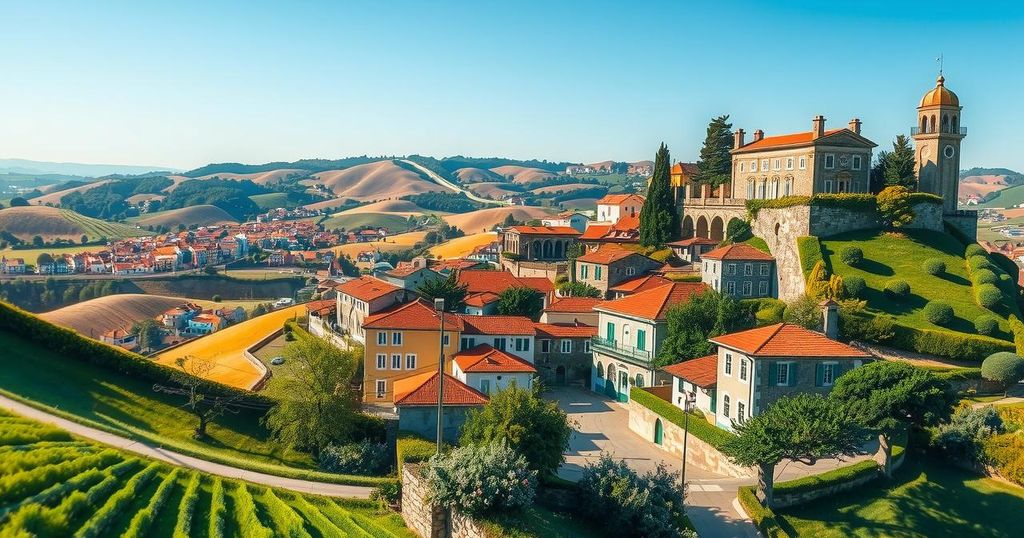Portugal is set to hold an early election on May 18 after the government’s collapse due to a confidence vote failure. President Marcelo Rebelo de Sousa emphasized the need for political stability amid rising challenges. The political scene indicates growing discontent with traditional parties, benefiting populist movements like Chega.
Following a confidence vote failure, Portugal will hold an early general election on May 18, as announced by President Marcelo Rebelo de Sousa. This decision comes in light of the current government, led by the Social Democrats in coalition with a minor party, collapsing under scrutiny over potential conflicts of interest relating to outgoing Prime Minister Luís Montenegro’s family law firm.
President Rebelo de Sousa described the government’s fall as unexpected and unwelcome, emphasizing the need for active voter participation in this third election within three years. The president highlighted the pressing security and economic challenges faced by Europe, underscoring the importance of political stability.
Portugal has experienced political instability, particularly since the 1974 Carnation Revolution, which transitioned the nation to democracy after four decades of dictatorship. Given a backdrop of increasing complexity in governance, Portugal’s political scene has seen a rise in smaller parties, complicating efforts for traditional rivals, the Social Democrats and Socialists, to secure a stable majority.
Amid a backdrop of political uncertainty, Portugal is on track to utilize over €22 billion in EU development funds. The return to elections may serve the right-wing populist party Chega well, amidst growing voter frustration with the prominent political parties. Chega capitalized on this sentiment to secure a third-place finish in last year’s elections.
Prime Minister Montenegro faces demands for a parliamentary inquiry into his family’s law firm, which has been linked to a lucrative gambling concession granted by the government. Having transferred control of the firm to his family, Montenegro is vying for re-election, maintaining that he has not been involved in its operations. The Social Democrats remain optimistic that economic growth and an unemployment rate consistent with the EU average will sustain their political support.
In conclusion, the early general election set for May 18 reflects the depth of political turmoil in Portugal following the government’s collapse amid controversy over potential conflicts of interest. President Marcelo Rebelo de Sousa has called for robust voter engagement amidst pressing national challenges. The evolving political landscape reveals tensions between mainstream parties and rising populism, which may lead to significant shifts in voter sentiment and party support in the upcoming election.
Original Source: www.euronews.com




